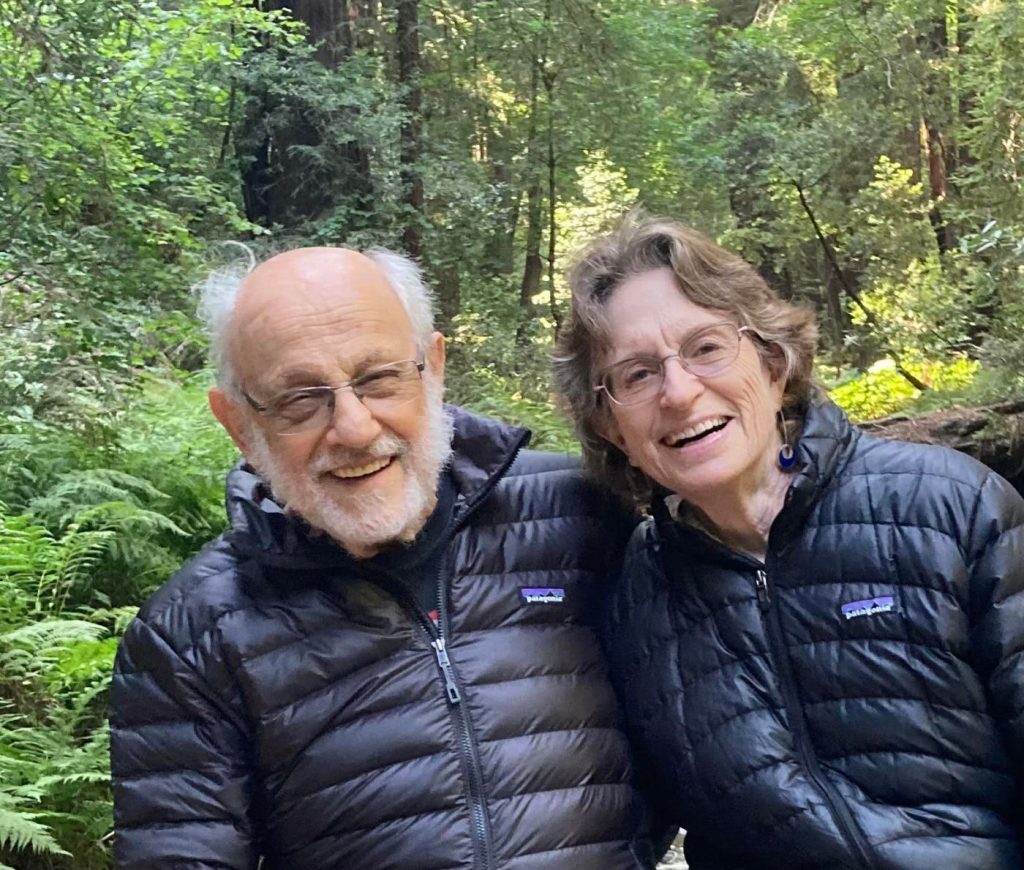My husband of 52 years wanted to die at home, but he could not do so under California’s End of Life Option Act.
A retired psychologist, voracious reader, and enthusiastic amateur musician, his diagnosis of early dementia in 2020 led him to a decision: He would not allow his disease to rob him of his autonomy and his dignity. Instead, he would end his life before that happened. For him, sacrificing some good time was worthwhile if he could avoid the devastation that he knew awaited him if his disease were to run its course.
California’s end-of-life law provides a legal and peaceful assisted death, but only for those who have a terminal diagnosis and less than six months to live. This requirement effectively bars anyone with dementia from accessing an assisted death in California, because long before they reach six months from death they will lose decision-making capacity. Some find other ways to end their lives: by stopping eating and drinking, or by using more violent means. Others travel to Switzerland, the only country that will provide an assisted death for non-citizens.
Because my husband could not use California’s law, he chose to die in Switzerland. After turning a dial that released a lethal medication into an IV in his wrist, he died peacefully within moments, surrounded by his family and listening to his favorite Bach cello suite. This was the good death he had wished for at home in California.
According to the Alzheimer’s Association, nearly 7 million Americans are living with Alzheimer’s, and more than 11 million provide their unpaid care. Sadly, the majority of people with Alzheimer’s and other dementias are destined to live in the grips of these fatal medical conditions that rob them of their personalities and their ability to make choices — some for many years before their lives finally end. Some prefer to let their disease run its course. But others would rather have the option of ending their lives before their disease robs them of decision-making capacity.
After I returned from Switzerland, several other advocates and I formed a nonprofit organization, to raise awareness about this problem and to work to amend the law in the California legislature so that patients with dementia who have the cognitive capacity to make decisions will have the right to request an assisted death. State Sen.Catherine Blakespear is committed to addressing this issue, and she will author a bill for the second time in the 2025 legislative session. Although the bill’s specifics have not yet been finalized, it is expected to modify the arbitrary six-month criterion that currently discriminates against people with dementia.
Related Articles
Bay Area rocker Greg Kihn, who found fame with ‘The Breakup Song,’ dies at 75
Your diet may control your risk for Alzheimer’s. Here’s how to keep the disease at bay.
Almost half of dementia cases can be fended off, study says
Wildfire smoke may be worse for your brain than other air pollution, study says
Can music help someone with Alzheimer’s disease?
Dementia patients have the right to make legal and medical decisions if they have legal capacity, which is the ability to understand the consequences of one’s actions and make rational decisions. Those with early and mid-stage dementia routinely make decisions regarding their medical care. Blakespear’s bill would allow people with dementia the right to be evaluated for legal capacity and, if they met that criterion, to request an assisted death.
Too many of us have watched helplessly as loved ones disappeared into dementia, knowing that they would never have willingly chosen to live out their final years suffering the ravages of their disease.
What if you were to be diagnosed with Alzheimer’s or another form of dementia? Would you want to be able to choose a dignified death, as people with other terminal illnesses can in California? I know that I would.
Marcia Hofer is a retired clinical psychologist and a reluctant activist who became the founding president of A Better Exit after the death of her husband. For more information, visit www.abetterexit.org.


